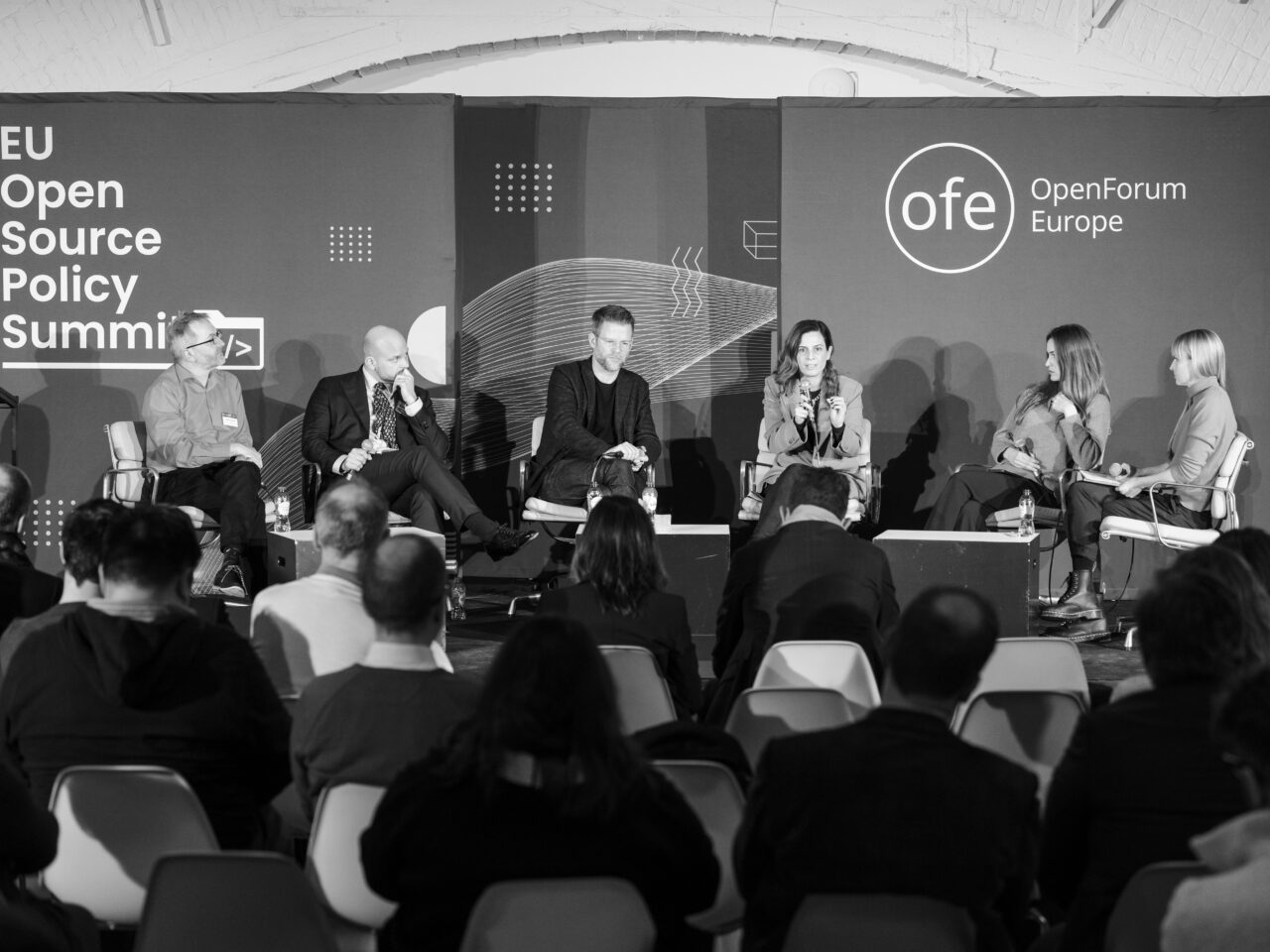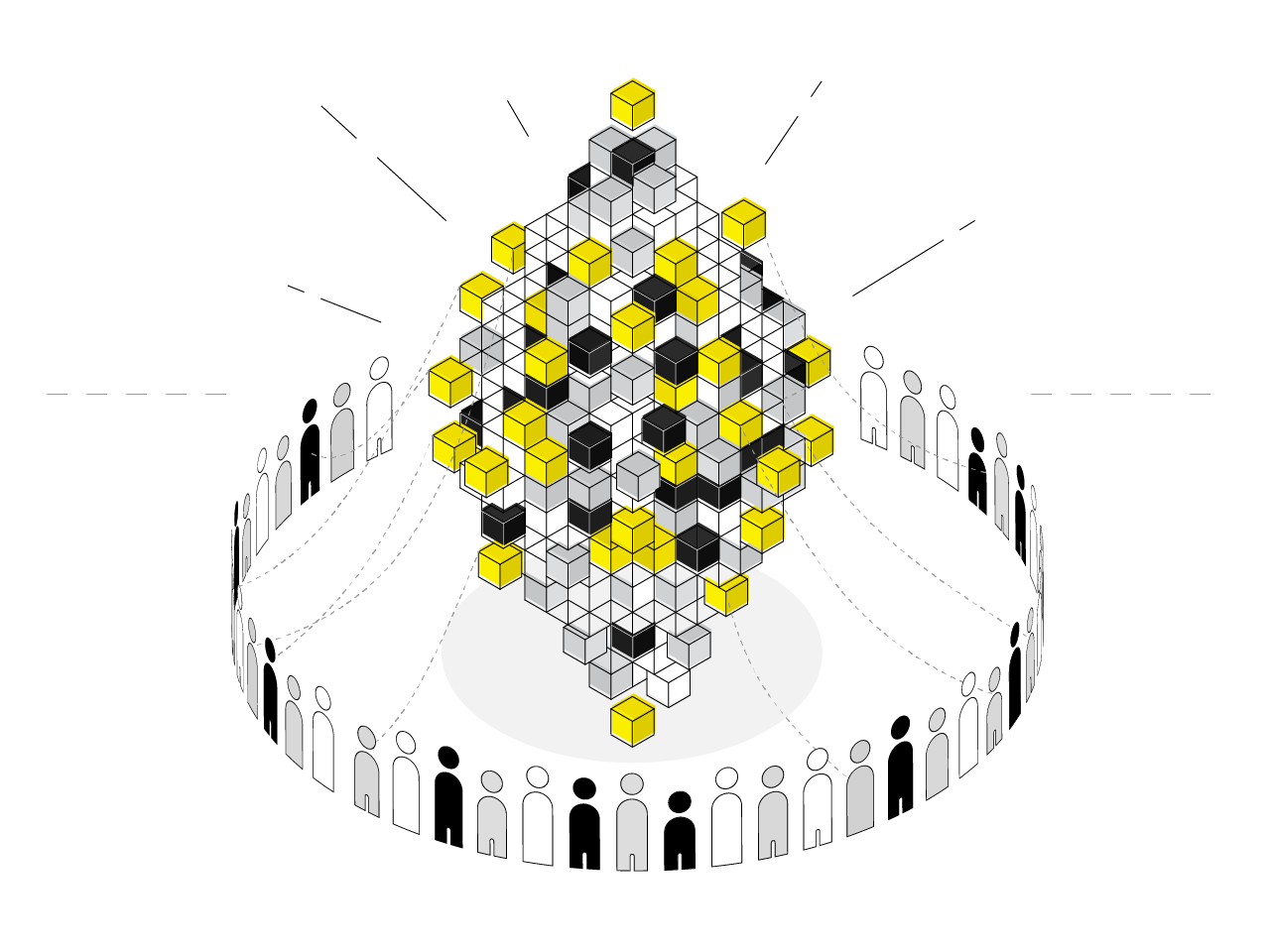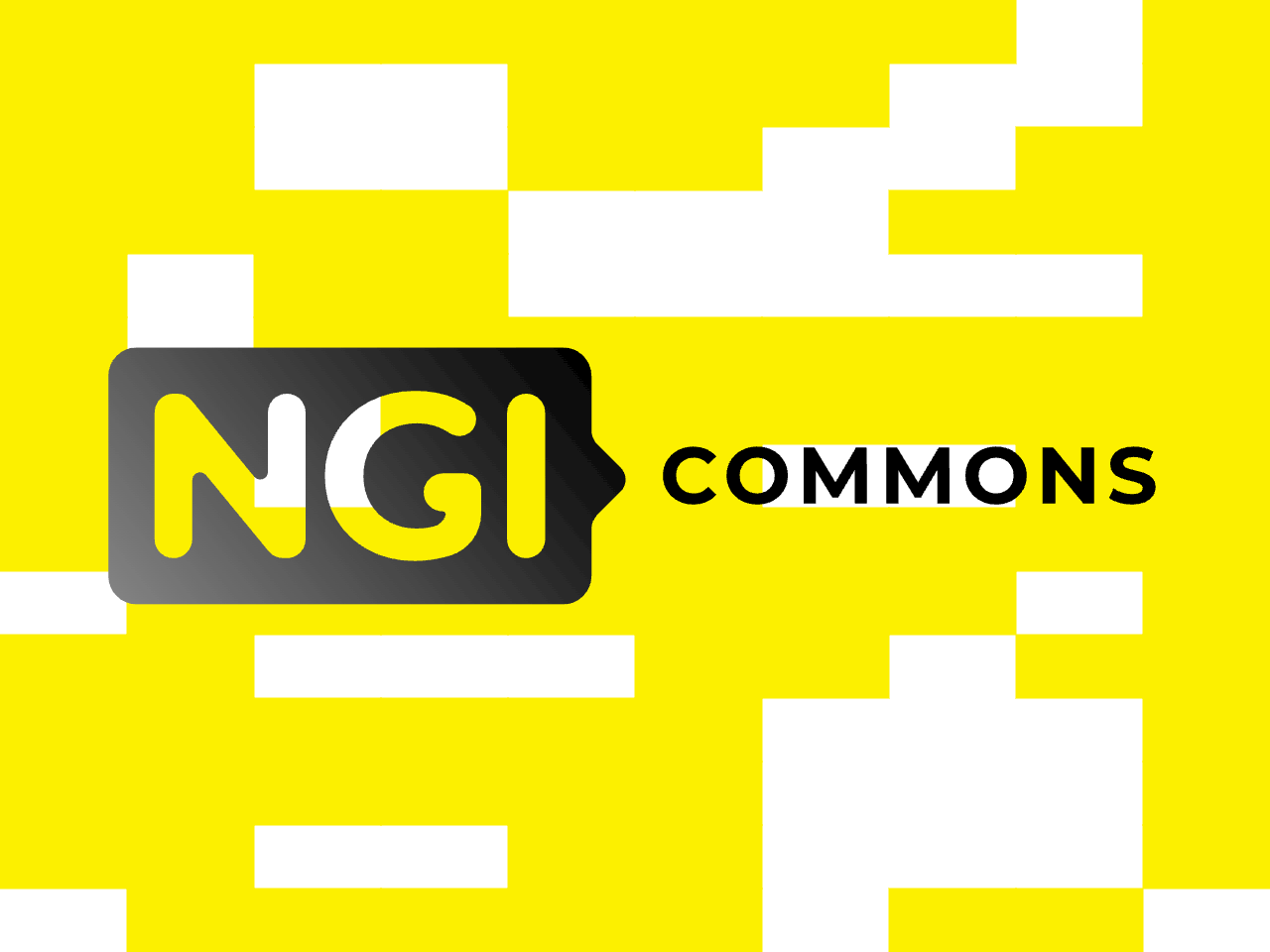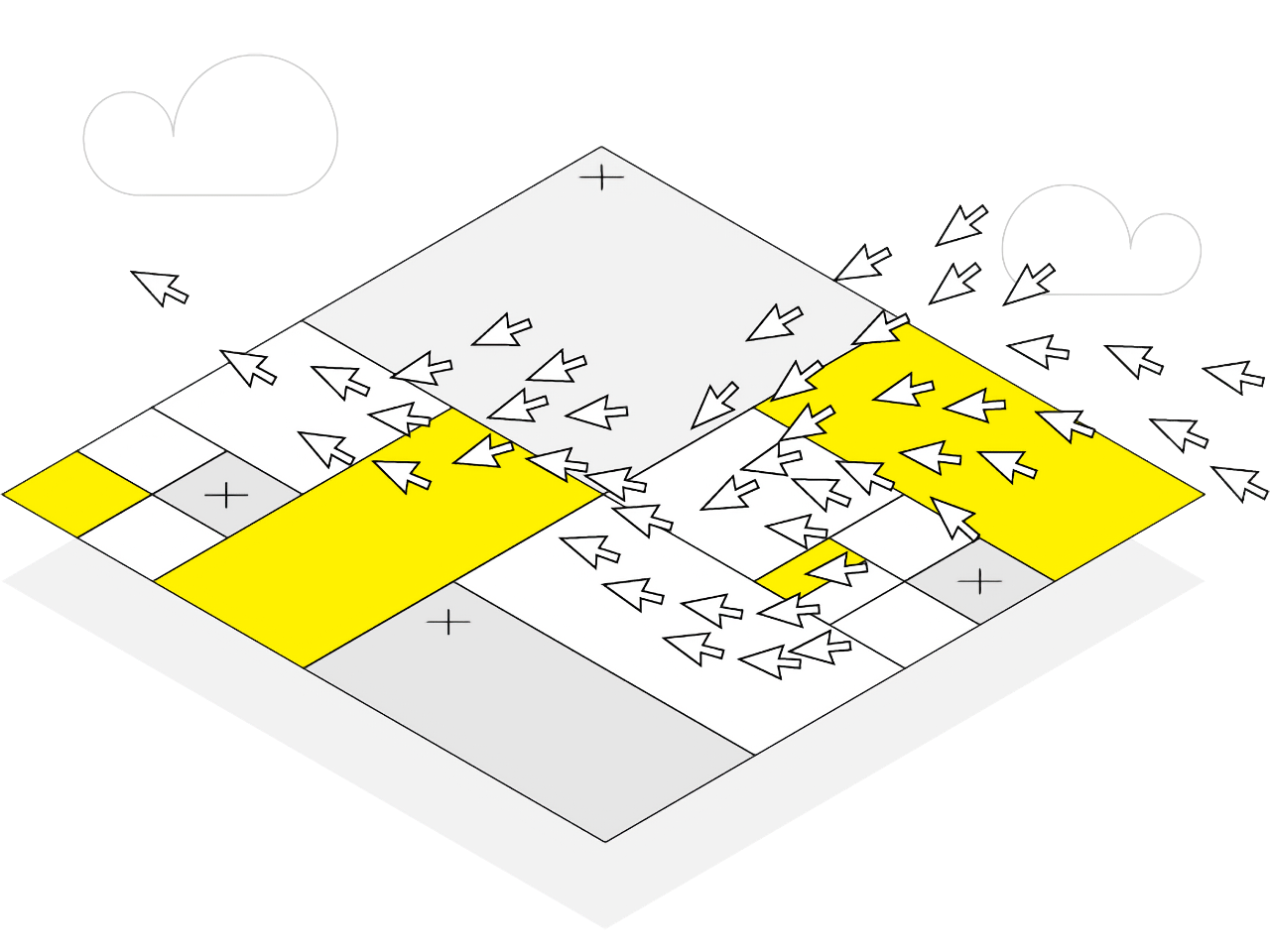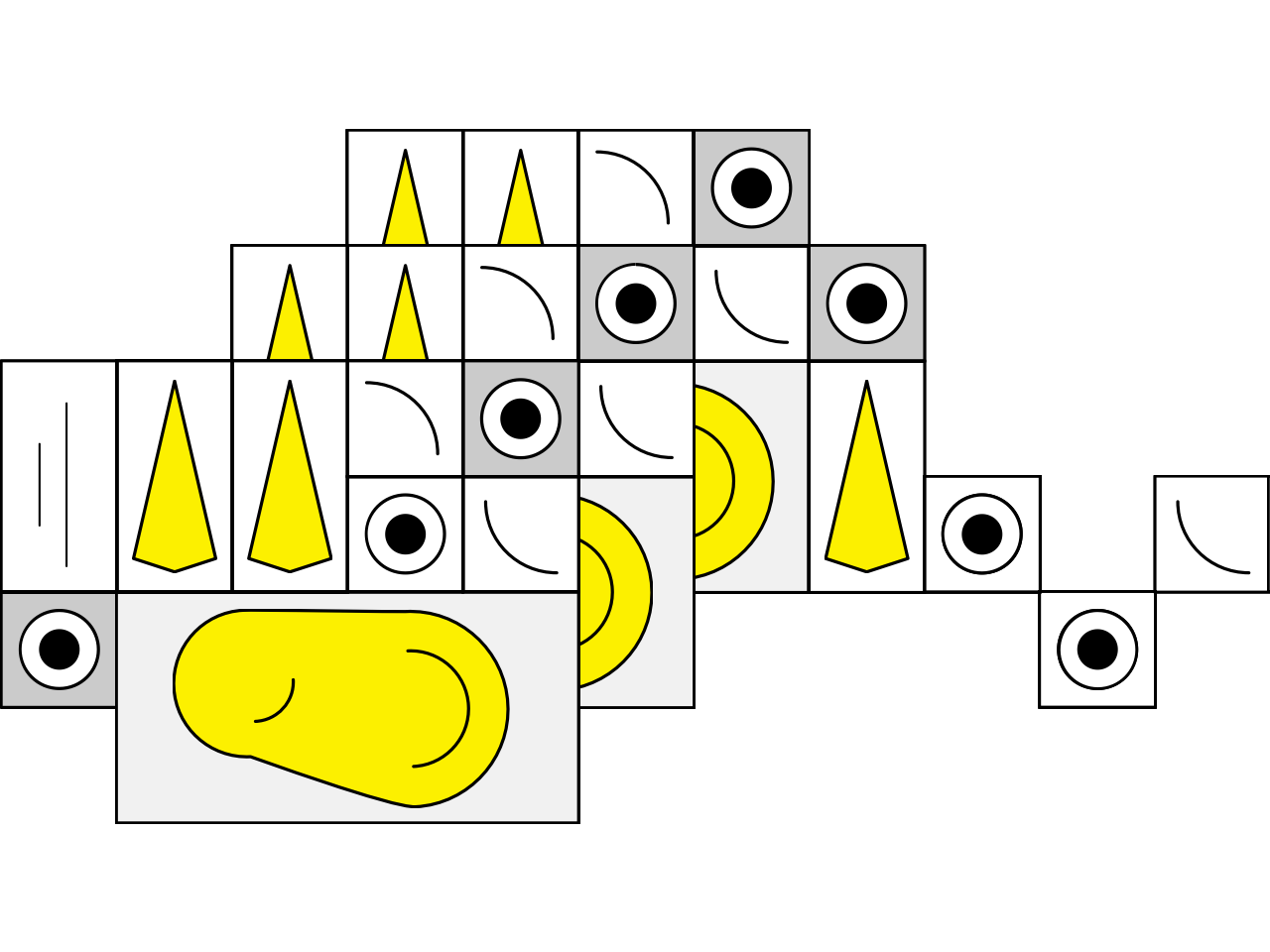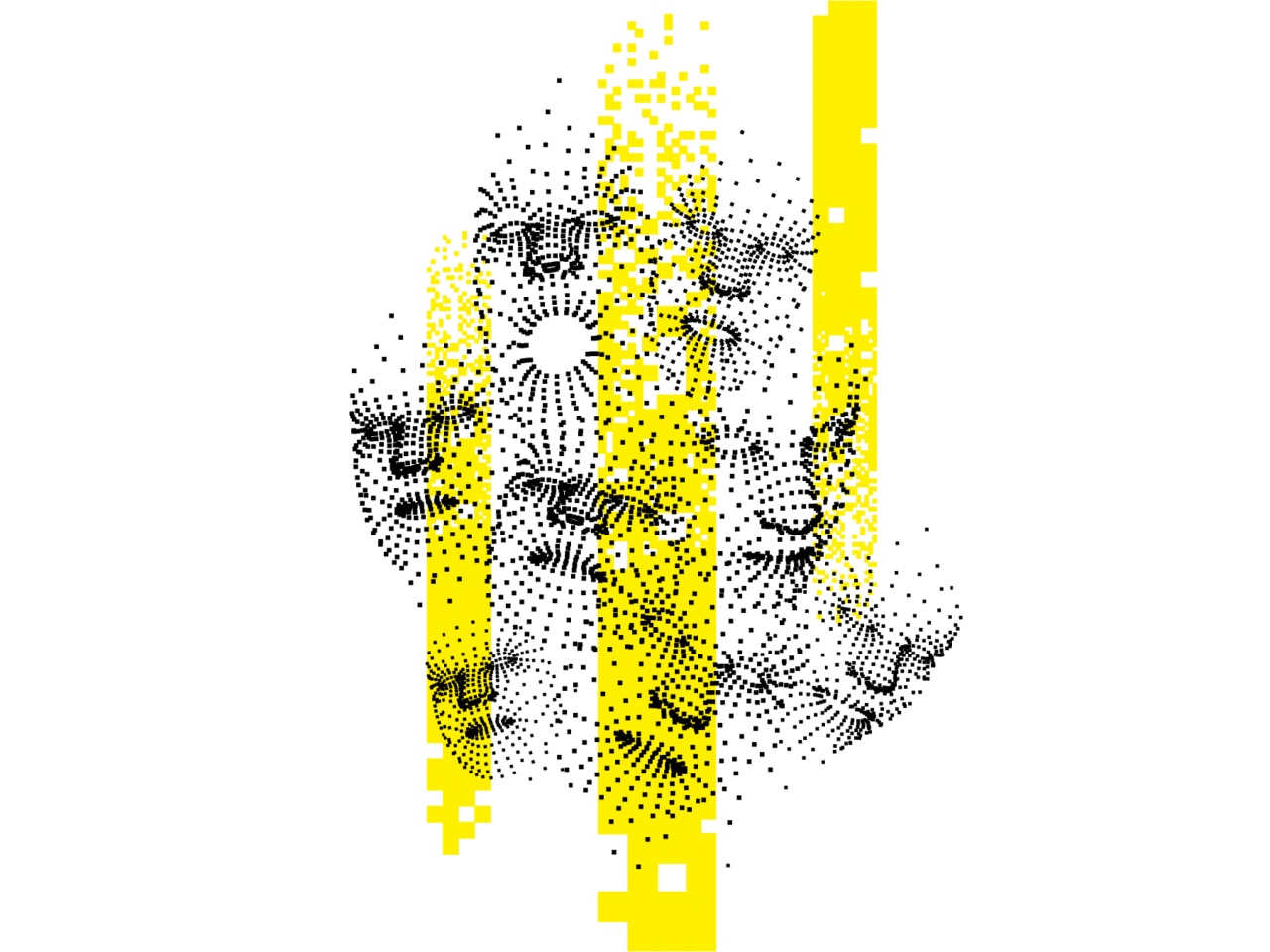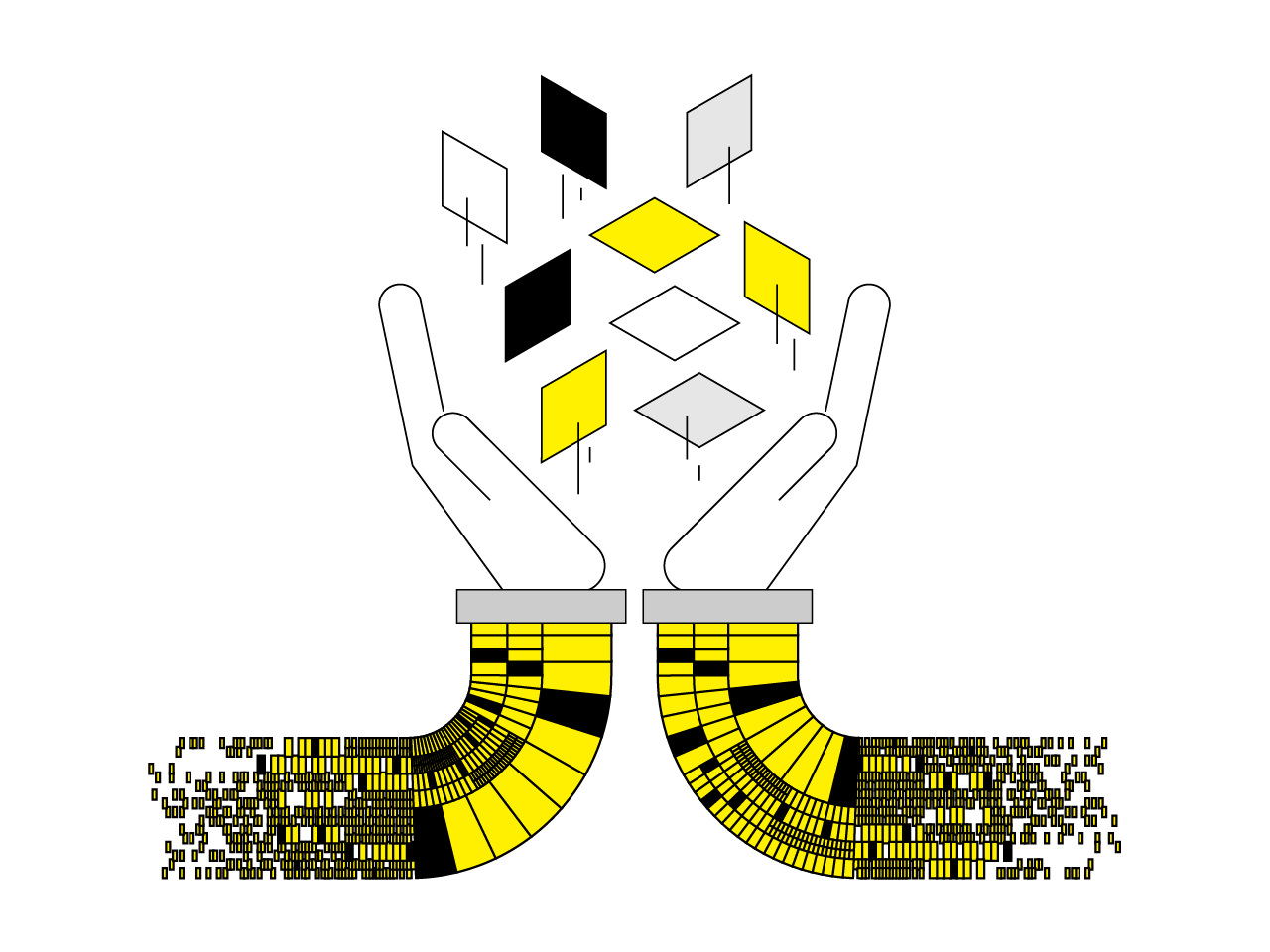Blog
Insights from The Case for a Big EU OSS Fund Panel
Open Future participated in the EU Open Source Policy Summit in Brussels, where we contributed to the panel about the necessity of investing in open source and public digital infrastructure.
Alignment Assembly on AI and the Commons
Open Future is hosting an asynchronous, virtual alignment assembly for the open movement to explore principles and considerations for regulating generative AI. We hope to reach 500 participants, spread across different fields of open and coming from different regions of the world.
Meet Jan Krewer, our new Senior Policy Analyst
We are pleased to announce that Jan Krewer has joined Open Future as a Senior Policy Analyst. Jan will strengthen our work on Digital Commons and lead our activities related to the European Union-funded Next Generation Internet (NGI) Commons project.
Open Future Joins NGI Commons
Open Future’s role in the project is to develop a strategic agenda for Digital Commons policies, especially in the context of the next multiannual financial framework (MFF) — the EU's long-term budget.
AI and the Commons: the paradox of open (for business)
To discuss the work presented in “Open (For Business): Big Tech, Concentrated Power, and the Political Economy of Open AI," we have invited its authors to join our monthly community calls, which explore the intersection of AI and the Commons.
AI and the Commons: the Wikimedia movement
As a part of exploring the relationship between generative AI systems and the commons, we have been looking closely at the approach taken on Wikipedia.
A Frankenstein-like approach: open source in the AI act
Late last week, the European Commission, the Member States, and the European Parliament reached a deal on the AI Act. The current compromise is a combination of tiered obligations and a limited open source exemption which creates a situation where open source AI models can get away with being less transparent and less well-documented than proprietary GPAI models.
A first look at the copyright relevant parts in the final AI Act compromise
Representatives of the European Parliament, EU member states, and the European Commission reached a provisional agreement on the proposed AI Act. The copyright provisions in the AI Act are a step in the right direction. They further consolidate the existing balanced legislative approach adopted by the EU in the 2019 CDSM Directive.
AI and copyright: Convergence of opt-outs?
The blog post argues that with increasing convergence on creator/rightholder opt-outs as an essential mechanism in the governance of generative AI models, there is an urgent need for standardization of machine readable opt outs.
The EU should not trust AI companies to self-regulate
As the debate over how the AI Act should deal with foundation models reaches a climax, we argue that it would be a mistake to leave this crucial aspect of AI regulation to the AI companies themselves, and that there is indeed a need for mandatory transparency and documentation requirements.
Friction in AI Governance: there’s more to it than breaking servers
In this article, Nadia Nadesan examines collective bargaining as an essential element of AI governance.
